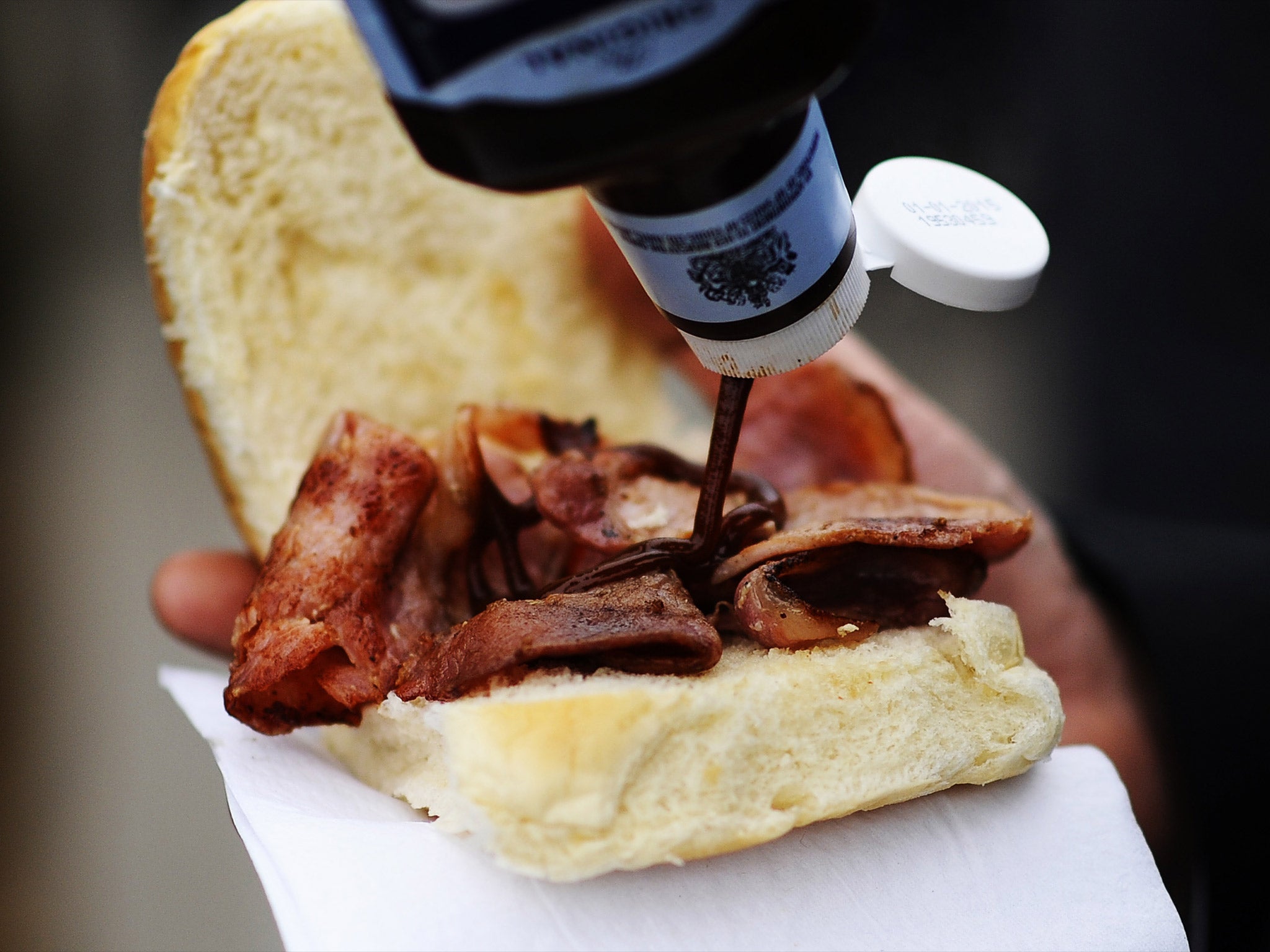WHO cancer report: Bacon, sausages and other processed meats cause cancer
Red meats were 'probably carcinogenic'

Processed meats such as bacon and ham do cause cancer, according to the World Health Organisation (WHO).
Its report said 50g of processed meat a day increased the chance of developing colorectal cancer by 18%.
The classification, outlined by the WHO's International Agency for Research on Cancer (IARC), sees processed meats termed "carcinogenic to humans," the highest of five possible rankings shared with alcohol, asbestos, arsenic and cigarettes.
It estimates that 34,000 cancer deaths per year worldwide can be attributed to diets high in processed meat.
That compares with about one million cancer deaths per year globally from smoking, 600,000 a year due to alcohol consumption, and more than 200,000 a year due to air pollution.
However, the WHO did say meat does have health benefits.
Beef, lamb and pork "can form part of a healthy diet," it said, and red meat "is a good source of protein and provides vitamins and minerals, such as iron and zinc".
Processed meats have been modified to increase shelf-life or alter flavour, such as by smoking, curing or adding salt or preservatives.
It is these additions which could be increasing the risk of cancer.
The report also said red meats were "probably carcinogenic," and are linked to pancreatic and prostate cancer
The conclusions are based on the work of a 22-member panel of international experts, which reviewed decades of research on the link between processed meats, red meat, and cancer.
"For an individual, the risk of developing colorectal [bowel] cancer because of their consumption of processed meat remains small, but this risk increases with the amount of meat consumed," Dr Kurt Straif from the WHO said.
The top 14 superfoods that will help you live to 100
Show all 14However, the findings do not suggest eating processed meat is as dangerous as smoking.
The IARC report does not compare the level of cancer risk associated with products in a given category.
“Red and processed meat do not give you cancer and actually the IARC report is not saying that eating processed meat is as harmful as smoking," said Professor Robert Pickard, Emeritus Professor of Neurobiology at the University of Cardiff. "In fact comparing red meat to smoking is ridiculous."
"The IARC ruling states that by eating 50g of processed red meat every day leads to a very small increase in the risk of bowel cancer. In the UK we are only eating 17g on average of processed meat a day. So we would have to eat three times the amount of processed meat to increase the risk.
"Avoiding red meat in the diet is not a protective strategy against cancer. The top priorities for cancer prevention remain smoking cessation, maintenance of normal body weight and avoidance of high alcohol intakes.
"Red meat has a valuable role within a healthy, balanced diet thanks to its high protein content and rich nutritional composition."
However, Claire Bass, executive director of Humane Society UK, said: "When the world's leading health authority declares that bacon and ham are carcinogenic, it's time for consumers and government health ministers to listen.
"This latest research needs to underpin a turning point in global diets – we simply can’t afford to continue damaging our health, the environment and causing immeasurable animal suffering, with such high levels of meat consumption, not to mention other animal products.
"It's time now for the government to step up to the plate and amend the ‘Eatwell’ dietary guidelines to take this into account."
Subscribe to Independent Premium to bookmark this article
Want to bookmark your favourite articles and stories to read or reference later? Start your Independent Premium subscription today.

Join our commenting forum
Join thought-provoking conversations, follow other Independent readers and see their replies